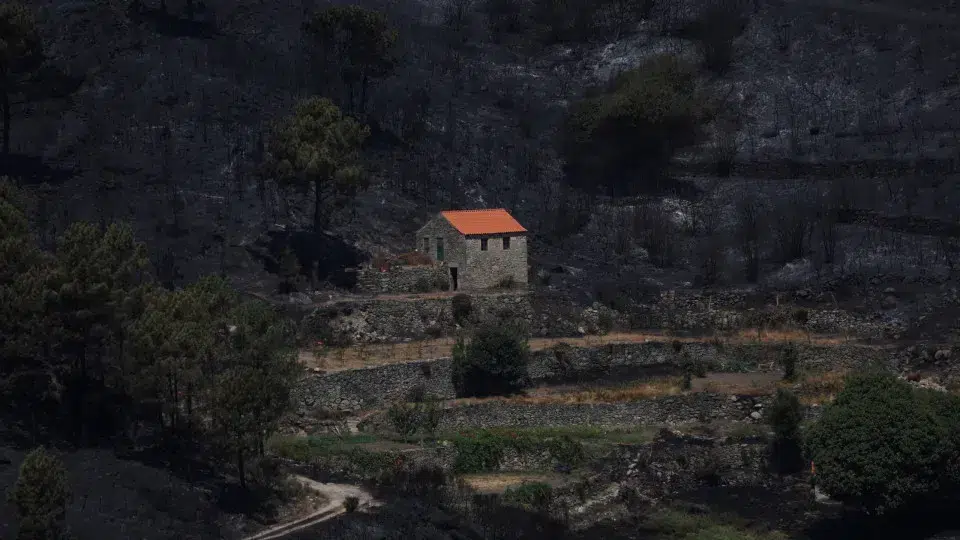
Through a newly created platform, the movement aims to “encourage local tourism as an economic revitalization force in the most affected areas” with this initiative, which channels efforts “to support small businesses dependent on tourist traffic, promoting community recovery and preserving regional identity.”
“Portugal Sem Chamas thus reinforces its commitment to promoting a sustainable, authentic, and supportive recovery, uniting efforts for the country to emerge stronger and more united,” the group of volunteers emphasized in a statement.
Ricardo Paiágua, the creator and coordinator of the platform, highlighted that “from the experience of supporting fire victims, the movement now evolves towards an action focused on the enhancement of authentic tourism and the promotion of a cuisine that represents the country’s roots.”
“This new front was born from a conversation between Inês Patrício, lawyer, traveler, and advocate for the interior, and Tiago David Antunes, agronomist, cook, and creator of the project Sr. Cozinheiro, who share our vision that Portuguese gastronomy and dining can be a driver of economic and cultural recovery,” he explained.
The Portugal Sem Chamas movement created a new area on its platform intended to give visibility to restaurants, accommodations, producers, and tourist activities that lost clients due to the destruction of their regions.
This initiative allows establishments to register for free, gaining exposure to national and foreign tourists, contributing to the sustenance of families and the regeneration of economically fragile communities.
“When we consume local products, we are helping the engine of a region to function, investing in its authenticity and quality. Exploring the interior of the country is also a way to discover our roots and ensure their long-term health,” advocated cook Tiago David Antunes.
Calling on the Portuguese to take holidays and short trips within the country, Inês Patrício considered that supporting local tourism “is a way to restore hope and dignity to families who continue to resist after the fires.”
The movement also advocated for the need for conscious reforestation of Portuguese forests and announced the participation of its volunteers in two reforestation actions from Friday to Sunday in Serra da Lousã, in Aigra Nova, in the municipality of Góis, in the interior of the Coimbra district.
The municipality of Lousã was affected by a large fire starting on the 14th, which spread to the neighboring municipality of Góis and consumed 3,500 hectares in the Serra da Lousã.




